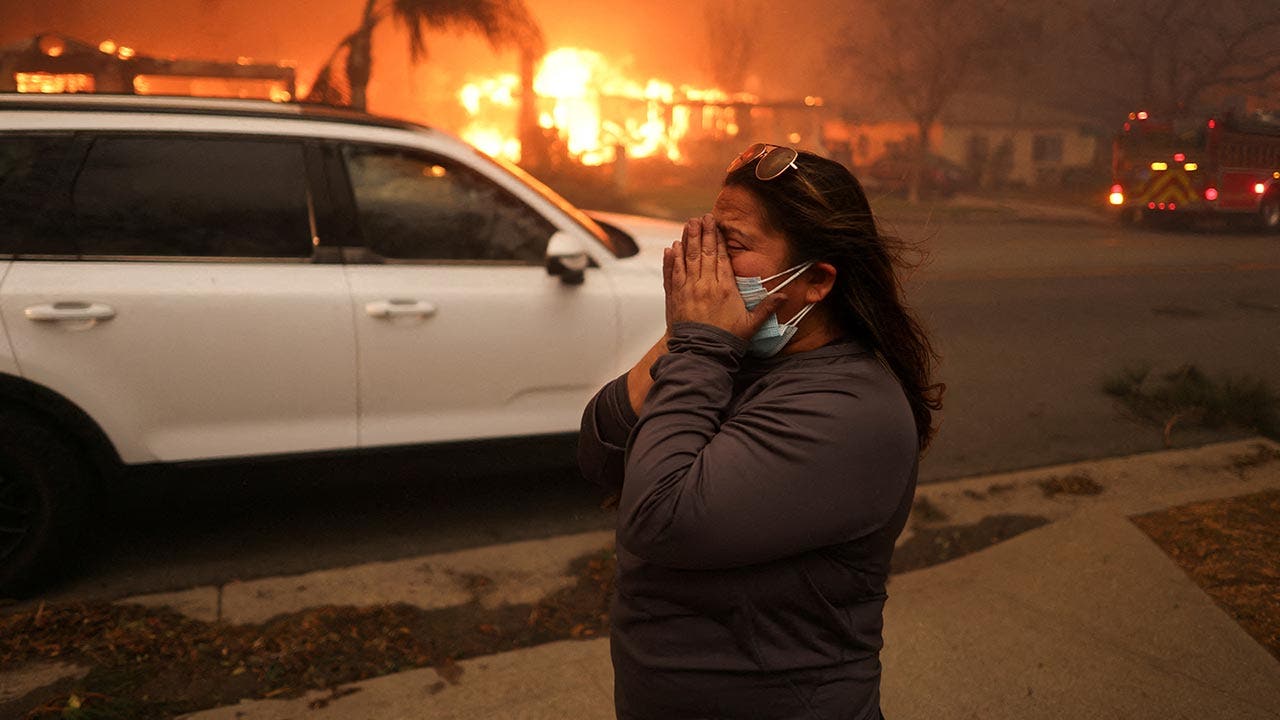A small group of union activists, parents, and high school graduates filed a ballot initiative Wednesday, with the backing of the state’s largest teachers union, that would end a state provision requiring students to pass the MCAS tests to graduate, setting up a potentially costly election fight.
The ballot initiative would allow students to graduate “by satisfactorily completing coursework that has been certified by the student’s district as showing mastery of the skills, competencies, and knowledge contained in the state academic standards and curriculum frameworks in the areas measured by the MCAS high school tests.”
Currently, high school students must pass Massachusetts Comprehensive Assessment System exams in English, math, and science to graduate. More than 700 high school students a year typically don’t receive a diploma because they didn’t meet that requirement, according to state data. Instead, they received “certificates of attainment,” which are given to students who only satisfied local graduation requirements. However, many educators say a number of students who don’t pass MCAS ultimately drop out.
Wednesday’s filing with the attorney general’s office — the last possible day to do so for the 2024 state elections — follows weeks of speculation about whether the Massachusetts Teachers Association would pursue a ballot initiative on the controversial requirement that was established under the 1993 Education Reform Act. The MTA has long argued the requirement is unfair, overly stressful, and puts too much focus on a narrow set of topics.
But supporters argue the state requirement provides some level of expectation of what students should know and be able to do when they graduate.
“For years, The MTA has been trying to make changes to the high-stakes testing system causing harm in preK-12 public schools, especially among BIPOC and immigrant students and those with learning disabilities,” the MTA said in a statement Wednesday. “The MTA is eager to further the process at the ballot box.”
Although the MTA is supporting the ballot initiative, its board of directors hasn’t decided yet to launch a union campaign to pass the initiative. The board is expected to meet Sunday to make a decision.
Cynthia Roy, a biology teacher at Bristol-Plymouth Regional Technical School who serves on the MTA executive committee, said ending the MCAS graduation requirement is long overdue.
“Instead of classrooms being joyful places to learn, it unfortunately has become too focused on test prep … and has led to a significant narrowing of the curriculum. We have seen cuts to electives and other courses not tested by MCAS,” said Roy, who signed the ballot initiative.
Pursuing a ballot campaign can be costly. An unsuccessful ballot campaign to expand charter schools in 2016 shattered state records at the time, with more than $40 million raised collectively by supporters and opponents. Most of the money was spent on television ads, campaign signs, and canvassing efforts.
Opposition to eliminating the MCAS graduation requirement is mounting.
“It’s extremely unfortunate that our state’s largest teachers union is more focused on reducing the value of a Massachusetts diploma than putting time and attention in making sure every child is successful in every school across Massachusetts,” said Mary Tamer, the Massachusetts director at Democrats for Education Reform.
Last month, five former state education leaders — Christopher R. Anderson, Maura Banta, James A. Peyser, Paul Reville, and Paul Sagan — came out strongly in support of maintaining the MCAS graduation requirement in an op-ed in The Boston Globe.
Across the county, the number of states with graduation testing requirements has plunged dramatically, from a high of 27 in the mid-1990s to fewer than 10 this year, according to the National Center for Fair & Open Testing, a national advocacy organization that opposes high school exit exams.
The numbers could shrink further as some of the remaining states, such as New Jersey and New York, debate whether to change or end their testing requirements.
“States have realized two things: that a lot of kids are in danger of not graduating from high school and what we are testing them on doesn’t make sense,” said Harry Feder, executive director of FairTest.
Soleei Guasp, a 2022 graduate of B.M.C. Durfee High School in Fall River, said she signed the MCAS ballot question because she believes passing the test makes it too difficult for students learning English to earn diplomas and forces schools to focus too much on the test.
“Imagine how much better education would be if we had a lot more room in the curriculum that lets students explore different paths instead of how much time is being spent now on test prep,” she said.
A poll conducted in June for the MTA by Echo Cove Research found that 73 percent of 800 registered voters said they support replacing the MCAS graduation requirement with language in the ballot question.
The ballot question is one of two proposed ballot initiatives that seek to end the graduation testing requirement. Shelley E. Scruggs, whose son is a rising sophomore at Minuteman Regional Vocational Technical High School in Lexington, filed the other one last month. She said in an email Wednesday that her son is not a good test taker.
“He is really good at hands-on learning, building and assembling things, but has always been challenged by conventional tests like the MCAS,” she said.
She said she was open to working with the MTA on a unified effort.
The process to get a question on the ballot is long and includes legal vetting of the questions by the AG’s office and two rounds of collecting signatures of certified voters: 74,574 of them are due by Nov. 22 and another 12,429 are due by June 18, 2024.
The ballot question is the MTA’s latest effort to end the graduation requirement. Earlier this year, the MTA and other unions had legislation introduced on Beacon Hill that would end the graduation requirement.
Groups, such as the Massachusetts Business Alliance for Education, have been aggressively fighting the unions’ efforts.
“MCAS is a crucial instrument for measuring students’ vital signs to make sure they’re getting the education they deserve and that they need to be successful after high school,” the business alliance said in a statement.
James Vaznis can be reached at james.vaznis@globe.com. Follow him @globevaznis.




















/cdn.vox-cdn.com/uploads/chorus_asset/file/25822586/STK169_ZUCKERBERG_MAGA_STKS491_CVIRGINIA_A.jpg)

/cdn.vox-cdn.com/uploads/chorus_asset/file/25821992/videoframe_720397.png)




